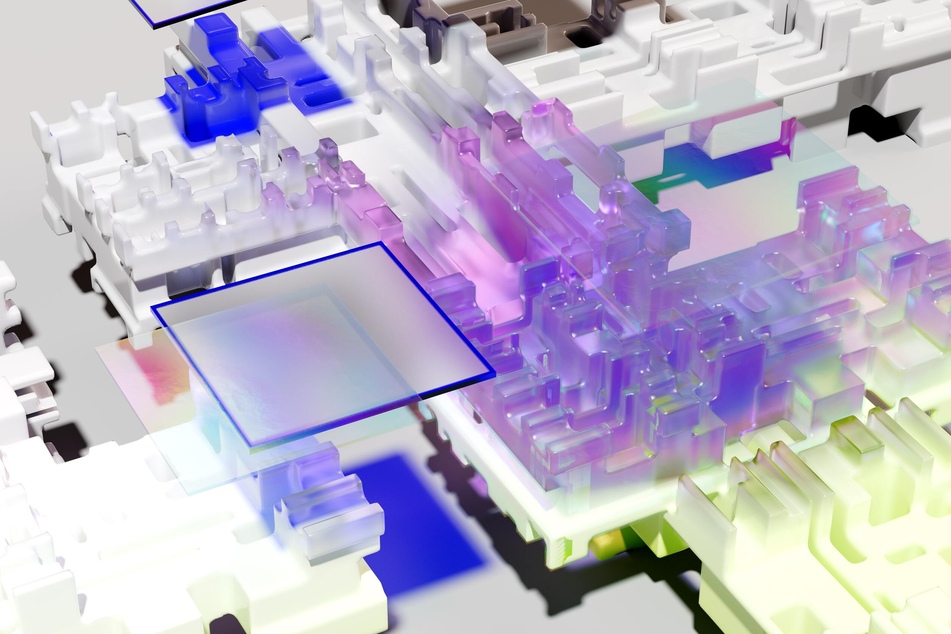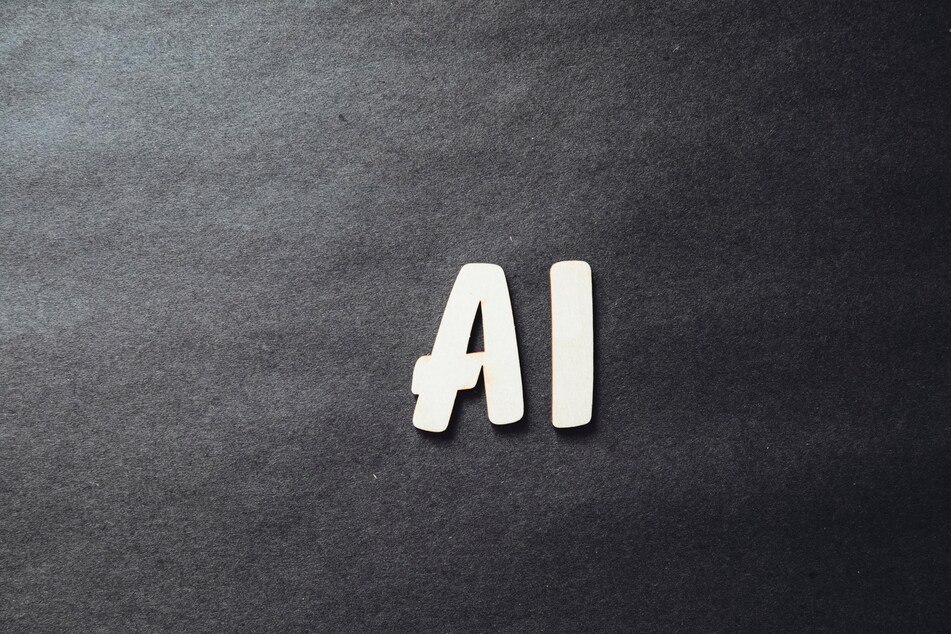ChatGPT launch leads to questions and warnings about AI chatbots from experts
A new piece of software can spit out text that looks like it's been written by a human. The only problem is that ChatGPT definitely makes mistakes. Does this AI breakthrough mean the web will soon be flooded with writing that is mediocre or even plain wrong?

In a matter of seconds after you type in a prompt, ChatGPT shoots back a well-formulated text. You can scarcely tell the difference from those written by humans.
Tools like this could change the world, with grave consequences for millions of people, experts warn.
"If you write emails in your job, produce documents, compose articles or promotional copy, or exchange legal papers, you must now reckon that this (writing software) will have far-reaching influence. And not necessarily a good one," IT expert Sridar Ramaswamy warned at the recent innovation conference DLD in Munich.
ABBA musician Björn Ulvaeus is predicting that AI software will one day be writing better music than what's in today's songs.
Prognoses have been around for a long time now that artificial intelligence (AI) software will be replacing office workers, the way that factory automation once did with many manufacturing jobs. To date, machine learning has been used for auxiliary applications but seemed far from ready for main tasks.
But in November, OpenAI launched the chatbot ChatGPT, triggering a quite the hype.
ChatGPT can, on command, write all sorts of texts such as essays, business letters, captions, poems and news articles – and if desired, imitate the style of certain authors.
How does it work?

The software is fed massive amounts of text and imitates what is known to it in that it predicts the most plausible next words. The result is always grammatically correct, solid, and somewhat uninspiring. But for everyday matters such as a cancellation notice or an email, it is particularly helpful.
But knowledge questions can also be answered in complete sentences based on gathered information. Ask ChatGPT the age of the president of Australia, and it will respond: "Australia does not have a president." Then, it will add that Prime Minister Scott Morrison is 54.
But there's a problem: Since May 2022, the prime minister has been Anthony Albanese. ChatGPT's knowledge base was set up in 2021. Sometimes the software points this out, but sometimes not. It gets worse: With another attempt, the chatbot makes Morrison president.
The fact is that ChatGPT is an experimental project that can and will keep learning. However, the shortcoming reveals a fundamental problem: The answer looks convincing, but it's wrong. And the user has no reference point for judging this.
At the same time, people intentionally creating false information are gaining a powerful tool. The technology is creating "limitless possibilities for formulating relatively plausible lies very quickly," Silicon Valley veteran Phil Libin warned at the Munich conference. Over time, AI will be better anchored in reality and will then profit from its capabilities.
But until then, people must resist the temptation of easing their workload with tools like ChatGPT and producing automated content of poor quality, Libin stressed.
"We must set the bar higher on what it means that something was created by a human being - with a level of quality and originality," he insisted.
Microsoft investing a billion dollars in OpenAI
But in many places elsewhere in the IT sector work is going on with linguistically articulate AI. Whereas developer OpenAI has opened ChatGPT up to the public as a demo, Google has so far kept its language program under wraps and is only using it internally.
Microsoft could profit from ChatGPT. In 2019, the software giant invested a billion dollars in OpenAI. Another $2 billion followed, according to reports. OpenAI used the money to pay for the necessary computing power.
Now, a further investment of $10 billion is being discussed. Microsoft could then secure one-third of OpenAI, while also using the AI technology in its cloud service Azure and its ailing search engine Bing, according to The Information.
Cover photo: Unsplash/deepmind